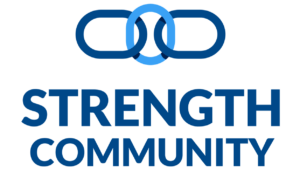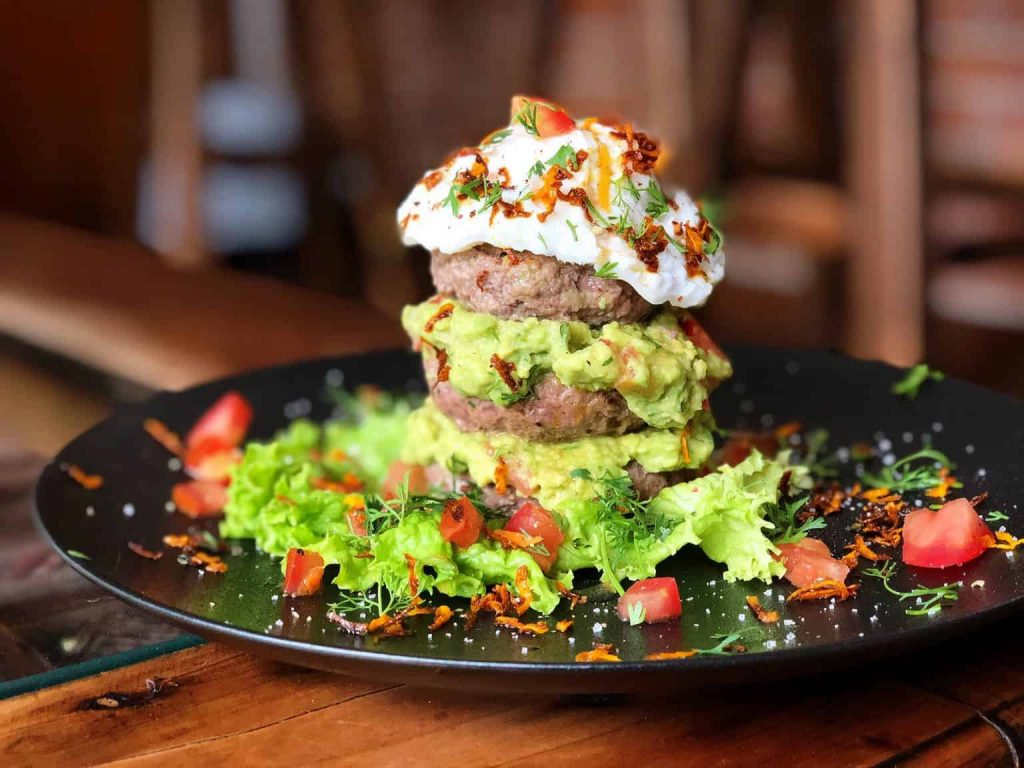How to Prepare for a Great Training Session – Pre-Training Food
In the first part of these series, I talked about the training program, planning and measuring. On the second part of this article, I will address the subject of pre-training food.
The subject of food is a little bit more complicated, and it is highly individual, but I have to say that if you don’t have the right food for yourself, the chances that you can get a great workout are very low.
This reminds me that once I had an afternoon training appointment with an old training partner that I haven’t seen in a while, and before that, I had an invitation for lunch at an Italian restaurant. It is very clear for me that I picked the wrong food, and the training session was just a disaster. Even though I was excited to train again with my old training partner, and I was very motivated based on the conversation we had before about the workout we were going to perform, my training drive was non-existent, I had no focus, the strength levels were lower than usual, etc., to the point that my friend asked me if I was feeling right, because definitively that was not me. What actually created that situation was the food I had before the training session.
And since I’m talking about food, I want to be very clear on what I consider food:
- Meat should be free range, pasture raised and finished and without hormones or antibiotics.
- Eggs must also be free range, organic and from free hens without hormones or antibiotics.
- Fish must be wild caught.
- Butter must come from free range animals, pasture raised and finished and without hormones or antibiotics
- Oils must be organic.
- Referring to the vegetable kingdom, I prefer to go organic on everything in order to avoid pesticide contamination. The EWG provides us with the clean 15 and dirty 12, that shows what could be non-organic.
Protein
Let’s start with what I believe is a must for everyone, and that is protein. Without sufficient protein, building muscle mass will be complicated, strength gains will be compromised, and even loosing body fat will be difficult. The reason behind this is that protein provides the amino acids the body needs in order to do all the molecular processes that lead to gains in strength and muscle mass and also for fat loss. Actually, there are plenty of research papers proving what I just mentioned.
Just so you know the word protein comes from the Greek word proteios which means “first one” or “the most important one”
Different protein sources provide different nutrients, but for our case, red meat is one my favorite options of pre-workout protein, as it provides enough amounts of phenylalanine and tyrosine – both precursors of dopamine – and it also has good amounts of B12, which is energetic for the brain. My other go-to are caviar and eggs as they raise acetylcholine levels. When eating eggs, make sure you eat the yolk, as it contains the highest amount of choline in the egg and provides healthy fats. And how about a combination of the three above? It’s a winner!
Carbohydrates
Here is where things start to get tricky, and that’s for a good reason, and it is because not everybody react the same way to this macronutrient. In general, we can safely say that about 60% of the world population don’t react properly to carbohydrates and their bodies kind of suffer when they are consumed, and that is mostly related to the lack of insulin sensitivity. In this group of people, carbohydrates not only will raise the wrong neurotransmitters before a training session, but will also create the wrong metabolic environment inside the body, that won’t allow them to perform at their best.
On the other hand, we have people around the world, but mostly concentrated in Eastern Europe and Russia, that have a super high insulin sensitivity, and their bodies perform so much better using carbohydrates as a source of energy. Apparently, they increase the right neurotransmitter and create the metabolic conditions to have a great workout.
And of course, we have some people in between that a small amount of carbohydrates, but not so much, will make them feel better.
If you belong to the first group. It’s better that you stay away from carbohydrates in your pre-workout meal, as you want to raise dopamine and acetylcholine to have more drive and focus, and have high levels of energy for your workout.
If you belong to the second group, carbohydrates should be an important part of that pre-workout meal, and I always prefer non-processed carbohydrates like rice, sweet potatoes, yuca (cassava), green plantain, etc., as they will enter slowly into the bloodstream and provide a more stable source of energy. In here there is also some trial and error, as I have found people that even though they are insulin sensitive, a particular type of carbohydrate can make them sleepy. For example, a good friend of mine couldn’t eat potatoes without thinking about taking a nap.
And if you are part of the third group, find out what is the right amount of carbohydrates for you in order to create the desired neurotransmitter output and energy levels needed. Probably you’ll also need to add some healthy fats to your meal, but that’s the subject of our next macronutrient.
Something I have to mention is that the almost universally recommended pre-training meal consisting of cereal/granola, milk, banana and orange juice, is something I don’t recommend to anybody, as the fructose content is so high, that it creates a lot of stress in your liver. It also has a very high glycemic and insulin load, which in general is not healthy, and the amount of complete protein is virtually negligible.
How can you know to which group you belong? The best and easiest step is to find a Metabolic Balance practitioner and after getting your measurements, he or she can quickly tell you the group you belong to. Another option is to have a large carbohydrate breakfast as your first meal of the day. If after 60 minutes you feel lethargic, tired and all you can think about is napping, you belong to the first group. If on the contrary, you feel energetic and ready to lift a house, you belong to the second group.
Fats
Fats are somehow closely related to the carbohydrates, in the sense of being kind of opposites. If you cannot tolerate carbs, you should consume more fats, but if you can tolerate carbs, your fat intake should be lower. And this has to do with giving to your body the preferred source of energy.
Having said this, if you are the type of person whose body cannot manage carbohydrates properly, you should be adding healthy fats to your pre-train meal. You have several options here like nuts, avocado, goat butter, ghee, olive oil, coconut oil and MCT. The response of the person to the type and amount of fat is very individual. In some cases, excess fats can cause diarrhea or delay the absorption of the other foods, making the person feel full or bloated for an extended period of time. Also, you’ll find that there are fats that are more energetic for you than others. For example, a normal pre-train meal for myself will include organ meats, goat butter and nuts.
If you are the type of person whose body can properly manage and use carbohydrates as a source of energy, your fat intake should be low. As an example, I’ve seen people with good insulin sensitivity having a pre-training meal of beef tenderloin with cassava.
And if you are part of the third group, well, some healthy fats and some unprocessed carbohydrates should do the trick for you, and you’ll easily find the right amount of each, so probably lean ground beef with fresh berries and some nuts could be a good combo for you.
Size of the Portion and Timing
I don’t give exact amounts of foods to my athletes or clients, and I always instruct them to learn to listen to their bodies. The goal of this or any meal is to make you feel satisfied. Being hungry or full after eating are not the best ways to proceed in terms of feeding yourself. If you are still hungry after eating, you’ll keep searching for food and eventually end up eating something not right for you. Also, you can easily get into a hypoglycemic state which in turn will drastically drop your energy levels. And on the other hand, if you are too full, your digestive process will be longer, and you may feel tired somehow, because your stomach will send a signal to your brain saying “it’s time to digest”. Feeling satisfied will make you feel more energetic and virtually ready to go. As you might already know, taking HCl and/or digestive enzymes with your meal will ensure proper digestion and absorption of all those valuable nutrients.
In terms of timing, normally having your meal 60 to 120 minutes should be enough in order to allow the digestion process. As with the amount of food, the timing is also something that you’ll have to find the right one for you. For example, some people say that they can train quicker if they ate organ meats, and some other say that when they eat bison, they require more time in order to be ready to train.
Enjoy a healthy, fulfilling and energizing meal in order to get prepared for a great training session
Coach Carlos Castro

